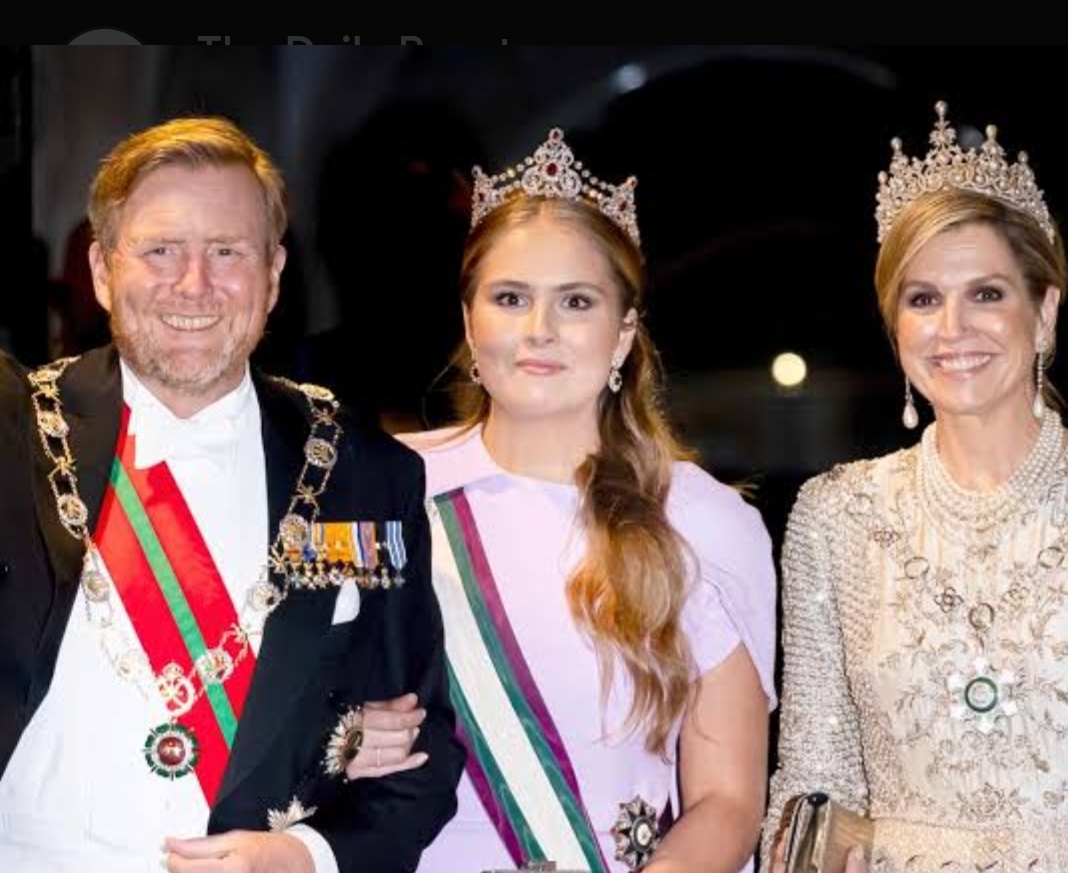Future Queen of Netherlands Falls Victim to Deepfake Pornography Attack

Netherland | August 21, 2025 Princess Catharina-Amalia of the Netherlands, heir to the Dutch throne, has once again fallen victim to a deepfake pornography attack, sparking global outrage and renewed concerns about the misuse of artificial intelligence. The 21-year-old princess’s face was morphed onto pornographic content using advanced AI tools, and the manipulated videos were widely circulated online through platforms such as MrDeepFakes—which has now been shut down. According to reports, the Federal Bureau of Investigation (FBI) worked alongside Dutch authorities to take swift action against the websites hosting the material. In addition to Princess Catharina-Amalia, the sites were found to be circulating deepfake pornographic content of nearly 70 other Dutch women. Despite the takedown, no arrests have been made so far, raising questions about accountability and the effectiveness of current cybercrime laws. This is not the first time the young royal has been targeted. In 2022, similar morphed videos of the princess had surfaced online, causing distress to both her family and the Dutch royal household. Dutch media outlet Seher Og Hor reported that in the latest case, Amalia had a “starring role” in the manipulated videos, further intensifying the violation of her image and privacy. Born on December 7, 2003, in The Hague, Princess Catharina-Amalia Beatrix Carmen Victoria is the eldest daughter of King Willem-Alexander and Queen Máxima of the Netherlands. She has carried the title Princess of Orange, traditionally given to the heir apparent, since her father’s accession to the throne in 2013. As the future queen, she is not only a prominent figure in the Netherlands but also represents the country on the global stage, making her an especially high-profile target for malicious actors. What makes this incident deeply ironic is that the princess had dedicated her bachelor’s thesis to the very subject of deepfakes. Studying Politics, Psychology, Law, and Economics (PPLE) at the University of Amsterdam since 2022, Amalia recently completed her thesis titled “Beyond Disclosure: Bridging the Gap Between the Artificial Intelligence Act and the Charter of Fundamental Rights with Deepfaked Bodies.” In her academic work, she examined the growing tension between AI regulation and the protection of fundamental rights in Europe, specifically focusing on the impact of deepfake pornography on privacy, dignity, and human rights. Experts believe that deepfake attacks targeting women, especially public figures, reflect both technological dangers and entrenched misogyny. The case has reignited debates within the European Union about the urgency of implementing stronger AI legislation and mechanisms to protect victims. Advocacy groups have emphasized the need for laws that not only remove harmful content but also penalize creators and distributors of non-consensual deepfakes. For now, Dutch authorities continue to monitor the situation while encouraging international cooperation in tackling such crimes. The Dutch royal family has not released an official statement, but public sentiment in the Netherlands largely reflects sympathy for the young princess and calls for stronger protections against digital abuse. The attack on Princess Catharina-Amalia serves as a grim reminder of the growing weaponization of AI, where the very tools of innovation can be exploited to harm reputations, violate privacy, and undermine dignity. [21/08, 08:08] +91 98949 39396: Deepfake Scandal Rocks Dutch Royal Family Future Queen of the Netherlands, Princess Catharina-Amalia, has fallen victim to a deepfake porn attack, where her face was morphed onto explicit videos and circulated online. Platforms like MrDeepFakes have been shut down, but no arrests yet. This raises urgent questions about AI misuse, privacy, and women’s safety online.




